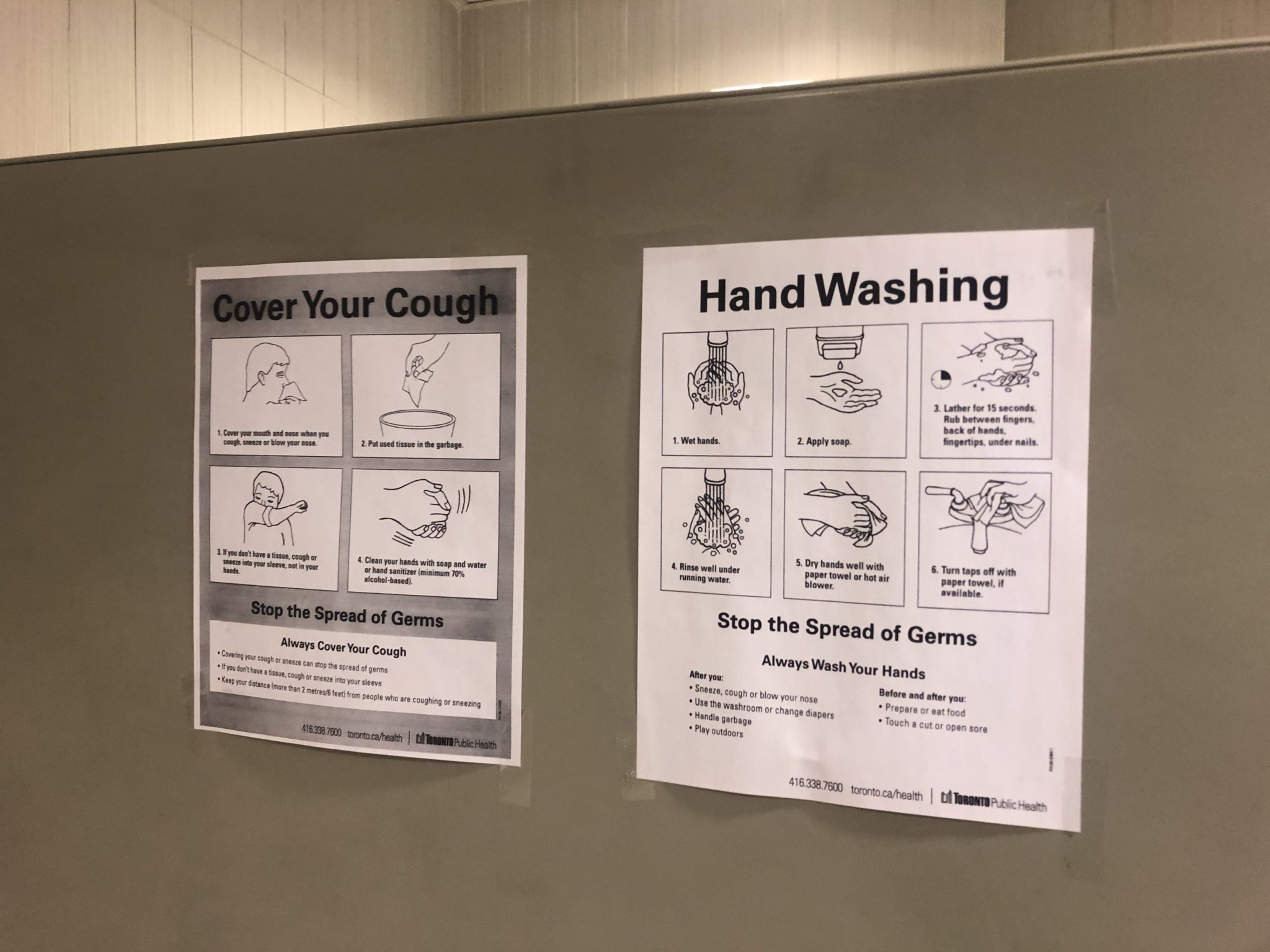Coming into the second year of the pandemic, most are anticipating the end of it with the vaccine rollout. For some, this is the opportunity to finally return to their normal lives. And yet, some of the lasting effects of the pandemic may stubbornly linger.
Many people, says psychology professor Dr. Gerald Goldberg, are tired of the way the media portrays the pandemic. “While there is a minority who never believed there was a pandemic, most of the world will continue to see and hear stories in the media that will not let the fear or infection rest,” says Goldberg.
As a consequence, people may still not be entirely ready to return to involuntary activities such as working in the office.
According to a study of surviving COVID-19 patients, a staggering number of them could not even go back to their previous activities despite being discharged from the hospital two months ago.
However, when it comes to social events, Goldberg states that everyone will have their own standards of safety but conflicting standards may affect social relationships.
Dr. Sumitra Saha, a healthcare professional residing in Bangladesh, believes that with the lifestyle changes we have become accustomed to, “some will still carry on to cultivate the habit of hand sanitizing, maintenance of social distance, being panicked on developing symptoms of simple flu,” to name a few.
“Misinformation will also continue to exist,” adds Saha. “And I am afraid people are going to be more curious and spread false alarms.”
“Over time, I expect that anxiety will gradually ease and we will return to a ‘new normal’,” says Dr. Tarek Abdelhalim, a physician at the University Health Network. “I think we can look to other countries like the U.K., and the U.S., which are a few months ahead of Ontario, as to what the ‘new normal’ can look like for Ontarians.”
However, university students who have been learning in online classes for well over a year now may face some challenges. While online classes have its drawbacks, they provided flexibility for students like Raisa Islam Aishy, a second-year international student studying electrical and computer engineering at the University of Toronto.
“Being online has given us more time than before to relax, sleep, and do other hobbies because our travel times have been cut down entirely,” she says.
Online classes have saved time and money spent on commuting, and once in-person class returns, students may find the transition difficult.
As a result, “Students will be more demanding of having recorded lectures and many lecturers may be unwilling to comply,” Goldberg says.
He adds that students who have relied on unethical means for their online exams and assignments may find themselves “over their heads” as in-person learning returns.
“Students who did not engage in academic dishonesty may notice that they are now getting better grades and have been disadvantaged by those who cheated, and show resentment,” Goldberg continues.
Minji Bae, a second-year student in the law and society program, expresses concern over travel guidelines and other public health decisions changing frequently. “It made students hurry to prepare or unable to be prepared for the basic things that needed to be decided, such as flight tickets to Canada,” she says.
Abdelhalim also notes that “there are thousands of Ontarians who have experienced trauma as a result of COVID-19, such as the loss of loved ones.”
“People who have developed mental health and relationship issues over the pandemic may find these problems persist well past the pandemic’s end,” Goldberg says. “In fact, the need to adapt and ‘move on’ in the world after the pandemic may increase mental health issues.”
Goldberg goes on to state that returning to previous routines will come with challenges that may lead to fatigue and anxiety.
“The rate of psychological problems like panic disorder, anxiety issues or even agoraphobia may also develop in some people,” explains Saha.
Young children may have more trouble than others to get accustomed to a post-COVID-19 world given that the pandemic impacted their lives during a time of growth. NBC reported: “They’ll face more developmental delays leading to deficits in their education as they grow.”
Part of childrens’ learning experience also includes teamwork and playing with their friends during recess. “They may find it hard to interact face-to-face at school or on the playground,” Saha says.
Many have found comfort through Zoom calls from our loved ones and acquaintances, but stepping out of the virtual world can make us feel, ironically, disconnected.
“People will notice that those they once knew are not the same; they have aged, moved onto new personal circumstances and issues,” Goldberg says.


